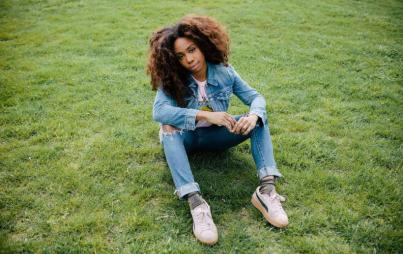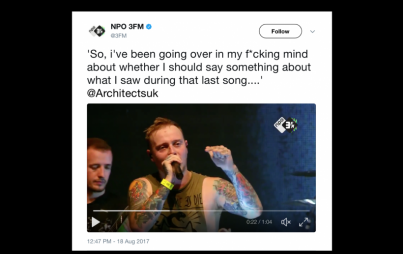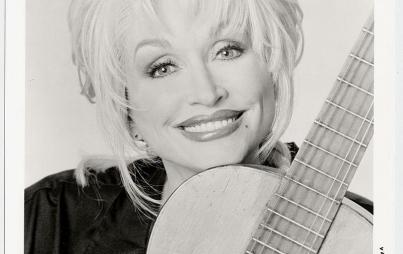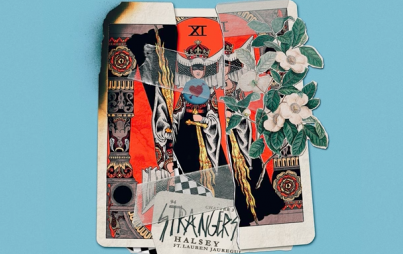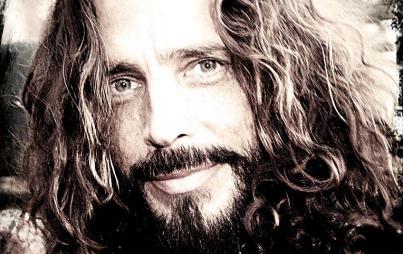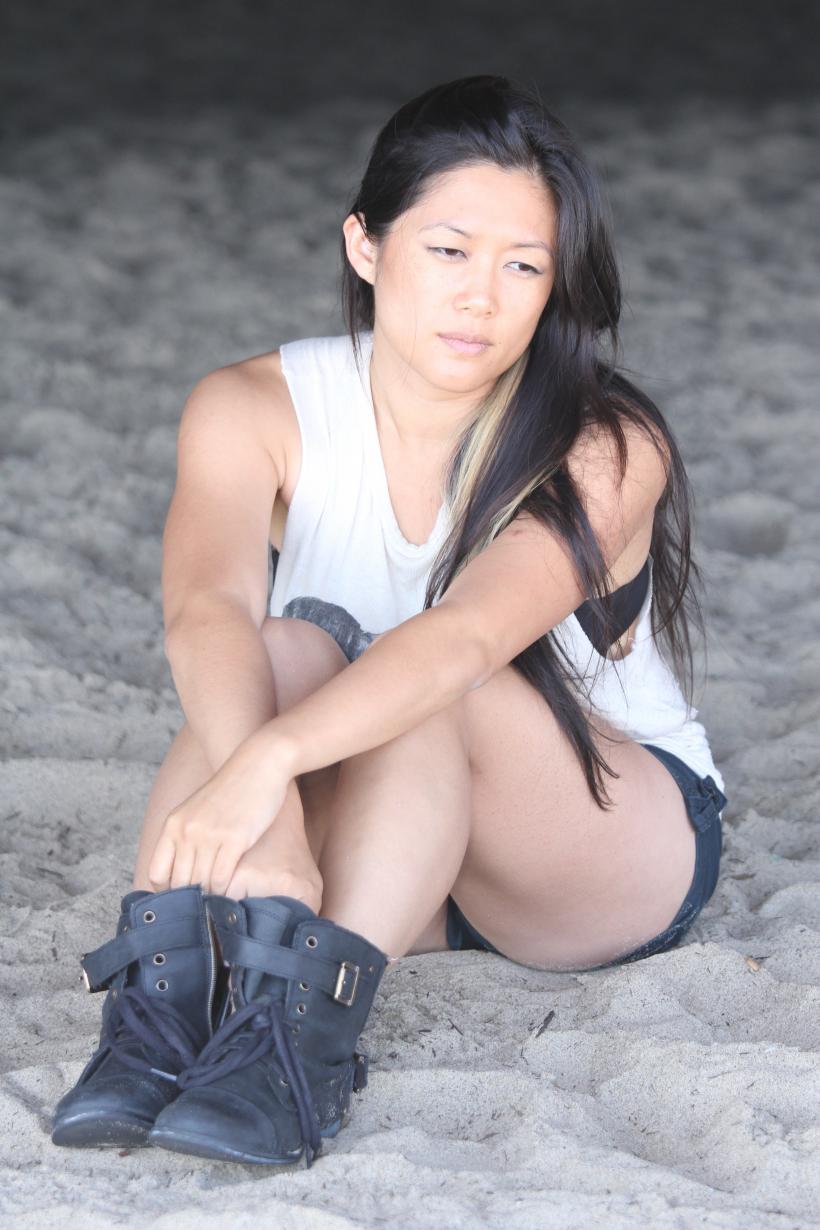
In her breakout song "L.A. City," musician Connie Lim reflects on the highs and lows of an artist's life in the City of Angels:
"L.A. city glows ambition night and day/
There's a thirst for fame that I cannot relate/
But people from all cities crave the art we make/
So I stay and share my songs about my heart that aches."
Those heart-aching songs have turned Lim into a critically adored music darling on the cusp of breakout fame. She's been named one of the top 10 Asian American artists to watch by Buzzfeed, sung the national anthem for the Clippers at Staples Center, had her songs featured on ABC Family's Twisted and MTV's The Real World, and made it to the top 60—out of 70,000 auditionees—on NBC’s first season of The Voice.
Lim's powerful vocals and evocative delivery are packaged in songs fusing pop, rock, folk and blues. But her ultimate desire is simply to be real, allowing her audiences to feel the heartache right along with her.
Earlier this year, Lim released her album A Better Part of Me through a successful Kickstarter campaign. At a special backyard concert in Oakland, California, she performed songs from that album and her previous EP, The Hunted, as part of Ravishly's brand-new "Songs In The Key Of She" series celebrating female singer-songwriters.
Watch her exclusive, live performance of "Walk On" below. Then read excerpts from our candid coffee-shop conversation to find out what she thinks about the pressure to wear heels and makeup as a female artist, what she's discovered about her music by falling in love—and the challenges she's faced as an Asian American artist who defies and openly challenges the industry's lingering stereotypes.
Where are you with your music right now?
Each week, I perform about two to three times in the local L.A. area. That area has been really good to me; in the last year, it's been a strong support base. Maybe it's also because I'm learning how to be both creative and business-oriented. I think the first couple years when I was out there, it was really all about the art, and I made a lot of decisions that didn't do me justice financially.
Is it hard to balance the artistic side with being business-oriented?
Yes, and I've been slowly trying to learn to business side. After The Voice, I learned about how people viewed me. When I was doing that show, I looked over at the production assistants' clipboards, and every performer had a box next to their name, like "country," "R&B," "rock." So now I am starting to see how people read me more, and to not feel panicked about it. I used to be pretty stubborn, thinking music is music, but then I realized that people don't consume music alone. Music is consumed with visuals and stories and videos. Most people listen or watch on YouTube.
I also realize that there's a whole other 50% of the process that needs to be taken care of. For example, with Adele's album 21, that record was finished, and then they took eight months to plan the marketing and how they were going to present it. I can't even imagine that. It's like you finish your novel, and wait eight months for other people to figure out your story.
I think people tend to assume in cases like Adele's, that an artist drops an album on her own and it magically becomes a breakout sensation. People don't think about what's going on behind the scenes.
I think the artist creates the pulse of a story, and then everything about it needs to be packaged. If it's honest and you have a good marketing team, then you're going to blow up. It's not like you can have crappy music, and marketing will make you a success. Adele writes good music, and because she has the talent, she can leave the industry and have relationships, and people are going to listen to her next record and not forget about her—because I think she made an emotional impact on people. I also remember she said, " I don't have time to think about how I look." That's really liberating.
How have you navigated crafting your own image in a sometimes look-obsessed industry?
I think I am just trying to be raw and comfortable. Sometimes when I watch female musicians—and this isn't me judging, it's just my personal interpretation—wearing tight clothes and heels, I feel uncomfortable. She may love it—someone like Beyonce may love it—but I look at it and feel uncomfortable because I'm like, "Oh man, her feet must hurt; she has to be constantly sucking in." And I can't focus on the music.
Do you think there's a hunger for that—for a more "real" vibe?
I think falling in love and finding someone who loves me has made me reflect on who I am, and there are qualities about me that I'm not sharing with my audience that I am sharing my boyfriend which I feel are key. I see that there are things I've been trying to edit or compose so I can be quote-unquote "ready for publicity." But if I'm constantly editing, it's boring. No one wants to see that. Maybe it's a shift of consciousness, but something has happened in the last couple weeks where I've started honing this, to just be myself. When I'm around other people who care too much, I feel like I need to be cooler, and then that energy is contagious. But if I can be more real, everyone else can be comfortable and we can get to real emotions. When I show up to a gig in a wife beater, jeans and combat boots, it sets the tone. They see that this girl isn't trying to wear four-inch heels and make herself immobile. I'm mobile. I need to carry my gear and schlep.
Two weeks ago I did this show during the longest-standing open mic series in the nation for the Asian American community, and I went in super casual, not all dressed up. And I think people responded to that, because the energy after the show was completely different. People were sharing their stories. So I think I'm done with trying—I pursued music so I could not be pushed into a box, like medicine or premed . . .
Is medicine what you felt you were supposed to do?
Yes. My dad's a surgeon, my sister's a surgeon, my brother's at Johns Hopkins. I draw and paint and stuff, and I'm just a little more creative. I remember in high school there was an art AP class, and I told myself I couldn't take it, even though all of me wanted to take it. I always think about that—I shouldn't let other people tell me who I am. I feel like I went into the industry and thought, "I'm going to be free, I'm going to be myself." Then I went to L.A., and there were other boxes within this free box. So I felt myself trying to fit into those boxes. It was like when I was a child, trying to be my sister. She was an academic genius; she missed one question on the SATs and went to med school at 16 with a full-ride scholarship. So I felt like, "She did this, I'm going to do this." She took 11 AP classes, I'm going to take 11 AP classes. I was always trying to measure up and please, and also try to find some self-worth.
When I felt myself trying to fit into existing categories in the music scene again, I realized I didn't want to be that person anymore, so now I'm trying to break it all apart. I think it's harder being older, and having all these things to take care of, all these things to manage. To still hold on to trying to be a pure artist is one of the hardest things, but it's the one thing that's holding me together.
You mentioned the Asian American community. I find that interesting, because it's no secret that that demographic is very under-represented in the industry. How are you trying to fit within that community?
You know, when I was growing up, I was anorexic. I was really good at being anorexic—which is scary. I would compare myself to Britney Spears, who was popular back then, and she was super skinny. I would compete with her, but I'd always feel like, "Man, I don't look like that." And I never realized that I just straight up don't look like her, because I'm a totally different person! And also, for Asian girls, my body type is different. I'm a little curvier. I felt like there wasn't someone who looked like me or was like me.
So I remember making a promise to myself when I started in the industry, that I wanted to be someone who's relatable to someone like me. That was a driving force—no Asian women were really in the media. The first person I saw was, like, Lucy Liu. So I used it as a strength when I first came to L.A.; it was this unsaid thing, because people would look at me and not expect what came out of me. I kind of enjoyed surprising people. 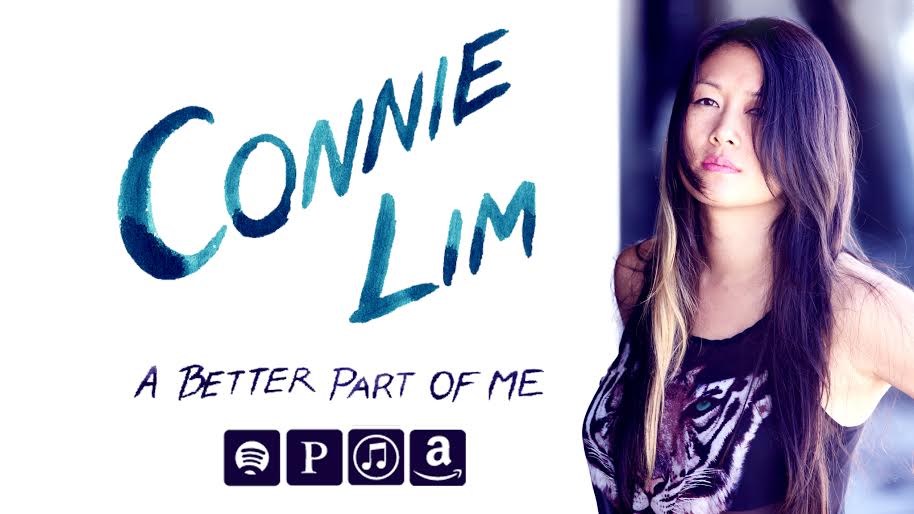
What do you think people expected?
I don't know, maybe something more polite, maybe something less emotional. I think the stereotype is that we don't take up that much space. We're there for the ride, but not to get in the way. But then I feel like this increase in energy when I'm writing and telling people what to do. I get so into making a good song, that I'm willing to not be polite, and then people start seeing who I am. It is true that a lot of the Asian mentality is to be polite—but that doesn't serve me too well in this industry, where people need to pitch themselves and talk about themselves all the time.
I was talking to a music manager recently in Nashville, and he told me my live performance is very different from what I have online. He said, "Your name, Connie Lim, it sounds like an Asian girl trying to be white." That stood out to me, because it was a perspective I never thought of before. I'm not trying to cater to that perspective necessarily; it's just interesting to see how other people view me.
And then last year was a hard hard year for me, because I was trying out a relationship with a new manager, and he said, "You're not going to be able to make it in the states, you're going to have to go back to China." I said I didn't agree with that, but I was open to working in the Chinese market. And he said, "Well, The Voice of China wants to work with you." So I found myself learning all these Chinese songs. I like the opportunity to learn about my culture, but I'm not a Chinese musician in that sense. I'm a Chinese American musician. I grew up listening to blues and jazz and folk music. So that would be almost completely going a different way just because of how I look.
You'd think the music industry would want to work with an Asian American female singer-songwriter, because it's unique.
Like 20 years ago, there was a band called the L.A. Boys, and they were big in L.A., but they all kind of went back to Asia. I wish people would stay here and push through. And I see it happening here now. There are more people in the indie scene expressing themselves. But it stands in my way; I know it does. There's a glass ceiling. I can get to a certain place with the surprise, but now I'm in the art of finding the right people and making the right strategy and being stubborn and persisting. I've learned my lesson with allowing people to label me. I want to be a little stronger in defending myself.
In the live shows I'm experimenting with things like looping—the art of recording a layer of sound, and then that sound will repeat itself over and over in a rhythmic way—and because I'm doing something a little more left of center, my straight name feels too center. So I'm thinking of doing a moniker: Milck. Milck Music. It's my last name and initials backwards. I feel like I can turn myself inside out and be really raw and cut the BS when it comes to judgments about my race. I'm not going to hide, but I'm going to let the music just be music.


